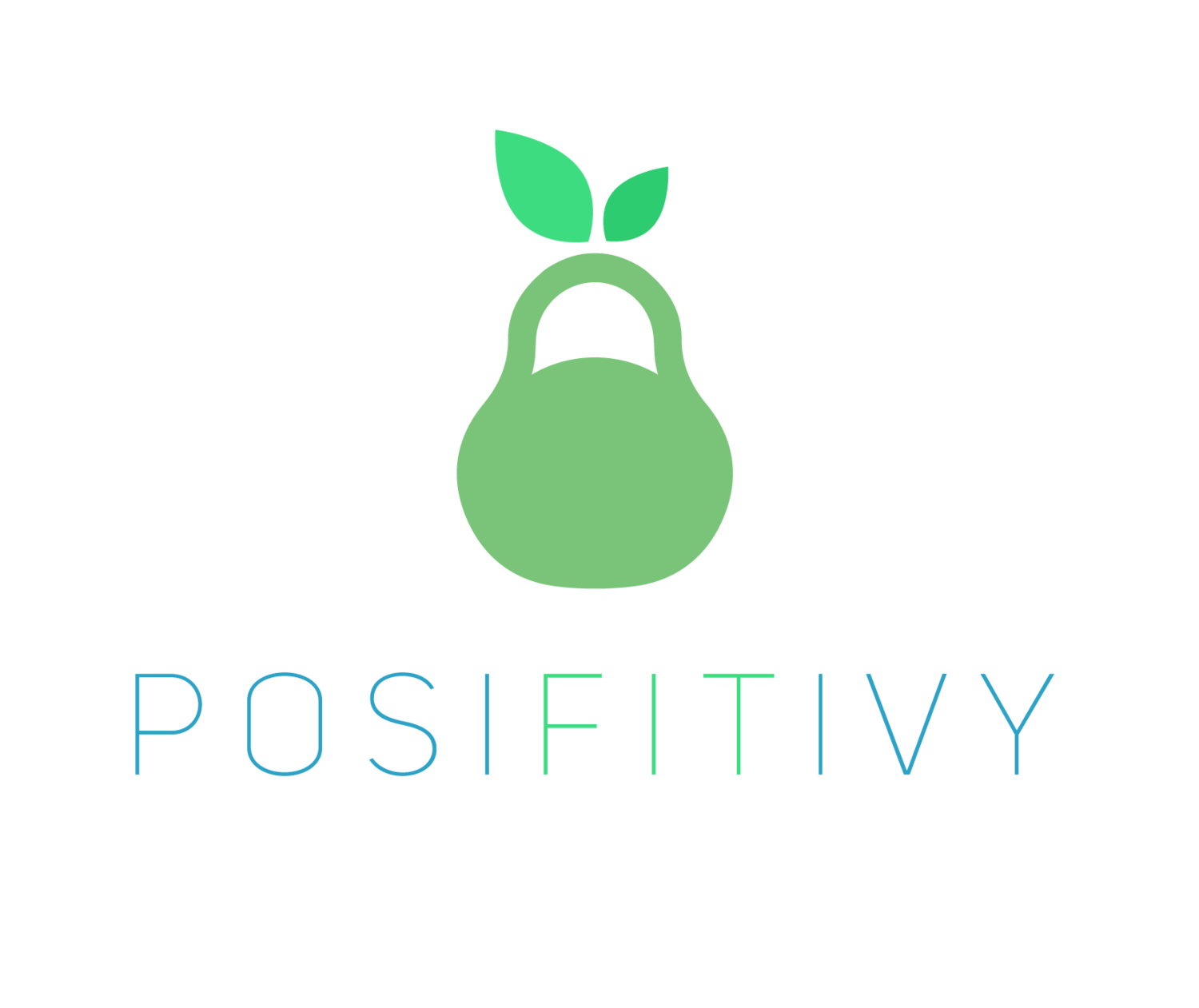how to (finally) change your habits
As you attempt to change your lifestyle, you may find it difficult to modify deeply-ingrained habits. Changing the routines you’re used to is no small task, especially if they involve patterns you’ve engaged in for years. The benefit of putting in the work to do so, however, is worthwhile. For example, I’ve maintained the exercise habit I built years ago, and my mental and physical health are much better for it. Because it has become a key part of my life, I rarely go any week without working out at least four times, and I seldom feel resistant to getting it done. In this post, I’ve compiled some tips on how to successfully change your habits. For a more thorough how-to guide, check out Atomic Habits by James Clear.
Decide what to change by taking stock of your current habits. What are you currently spending your time on? How is your day structured? For a few days, document your activities from the moment you get up until you go to bed. Do you scroll through social media immediately upon arising? Do you dawdle in the morning until it’s time to leave? Do you spend two hours watching TV after work or school? Once you identify your areas of improvement, it becomes clear what needs to change.
Identify triggers. Habits are behaviors we engage in on auto-pilot. Often, certain feelings, visuals, or events prompt us to act. For example, you may bite your nails when bored or stressed. Perhaps you can’t help but go through the drive-through when you pass by the sign on your way home. Before you try to change a habit, it’s critical to develop an awareness of such triggers so that you can either avoid them, or make plans for how to cope when they arise.
Change your perspective. If your behavior change isn’t accompanied by a mental shift, it won’t stick. First, maintain a positive outlook. Don’t think of the change as “hard.” You’re changing because you expect to derive some benefit from doing things differently, so focus on the advantages, and be your own cheerleader! More importantly, change how you identify. If you want to begin running daily, think of yourself as a runner, not as someone who “goes on runs.” The sum of our habits comprise who we think we are. In order to effectively change, we must become a new person. When habit change xyz becomes part of who you are as opposed to something you’re trying to do, reinforcing the identity feels natural - not forced.
Make it easy and accessible. Remove all possible obstacles in the path to completing your new task. First, plan in advance. I can’t stress the importance of this enough. It removes the decision-making from your day-to-day. The more space and time you allow yourself to “decide” whether to start a task, the easier it will be to shrug your shoulders and postpone it. Next, make it abundantly easy to begin. If you plan to run every day, lay out your clothes and sneakers the day before. Trying to change how you eat? Clean out your pantry of snacks, and prominently display colorful, pre-prepared fruits and veggies in your fridge. Need to write a chapter a day for a book? Prepare your outline, charge your laptop, and choose a dedicated spot you can visit daily to work on it.
Track your progress. Kyle, my husband, and I keep a whiteboard in our kitchen on which we track our diet and exercise. A star goes up for exercise, and a checkmark goes up for a plant-based diet. Before I did this, I couldn’t exactly remember how many days in a given week I ate well or exercised. Now, I refer to this calendar. It keeps me accountable, and motivates me to do better.
Be consistent. It’s challenging to engage in a behavior you’re not used to. It’s certainly an uphill battle to remain committed to changing. However, the key is discipline, not motivation. You won’t always feel like exercising, eating well, writing, coping healthfully, flossing, or whatever it is you want to do, but you cheat yourself out of the result you desire by being inconsistent. To establish a pattern or routine, you have to chip away at the old behavior on a regular basis. Life happens, so extenuating circumstances may arise at times, but as James Clear says, “Missing once is an accident. Missing twice is the start of a new habit.”
Don’t aim for perfection. Don’t let perfect be the enemy of good. As you travel on the path of refining yourself (as I hope you always are), continue to make improvements. However, don’t set your standards so high that they become an excuse not to act. If you fell short of your page of writing a day, a paragraph is better than no writing at all. Ten push-ups are better than no workout at all. Remember, in changing your habits, you are attempting to establish a new identity. Engaging in a new behavior regularly builds the case for claiming the identity you want to assume. Going on a run, rain or shine, even just around the block makes it easy to call yourself a runner.
I believe that if you take these tips to heart, you can drastically reform your life. Many of us fall victim to the idea that we are too small or insignificant to change the world. The reality is, all of our actions matter. You influence the people around you, and in adding something positive to your life, you become a lighthouse. How much better could the world be if you did one thing differently or challenged yourself to change? Significantly so, in my view.
What habits do you want to change? What new routines are you hoping to add to your life? Comment below, and let me know!



